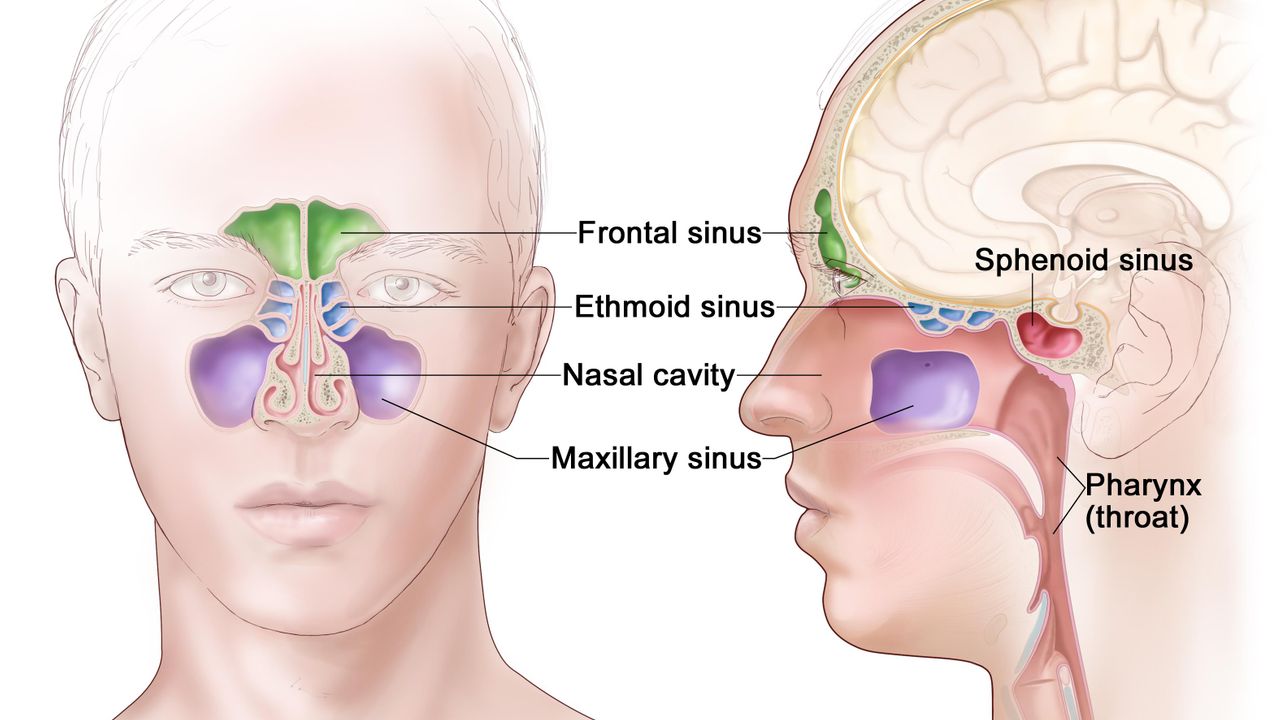Endoscopic surgery of the paranasal sinuses
Patients presenting symptoms of nasal obstruction with hyposmia / anosmia (difficulty in perceiving odors, ed), purulent rhinorrhea, snoring and forced oral breath, gravative headache should be subjected to a careful otorhinolaryngology evaluation. During this visit an endoscopic evaluation of the nasal cavities with a flexible fibroscopy should be performed. The examination should be carried out after a thorough cleansing of the nasal cavities with physiological solution aimed at removing the coarser secretions, the other are removed by direct aspiration of some "key" areas of the nasal cavities, in particular the "middle meatale district" . At this level, in fact, the maxillary sinuses and the posterior ethmoid cells, often involved in cystic fibrosis sinusitis, drain. Of the endoscopic signs of chronic sinusitis, nasal polyposis or suspected mucocele are decisive in the council to perform a CT scan of the paranasal sinuses (without contrast medium).
Based on this radiological study and on the findings of rhinofibroscopy, an indication is given to an endoscopic intervention on the paranasal sinuses: ESS (endoscopic sinus surgery). This intervention (improperly defined as "emptying of the breasts") involves the removal of some small bony portions of the malformed nasal cavities or made abnormal by the pathology itself, which can cause a mechanical impediment to the drainage of nasal secretions. In fact, if we consider the increased density of exocrine secretions that occurs in the FC following these nasal structural changes, we understand that in this pathology there is a natural predisposition to chronic sinusitis and to the nasal pathologies attached. Under a cautious and careful direct endoscopic video vision, the ENT surgeon proceeds to open the paranasal sinuses by increasing the ventilation of these structures. In this way the infection is also better controlled. In general this intervention is planned with a joint indication between pediatrician / specialist of the FC center and otolaryngologist, which is aimed at establishing the real need of the intervention in relation to the general conditions of the patient. Hospitalization is in our planned Center one week before the operation in order to prepare the patient with intravenous antibiotic therapy and respiratory physiotherapy. The post-operative ENT care will also be fundamental with medications and nasal washing established from time to time.

